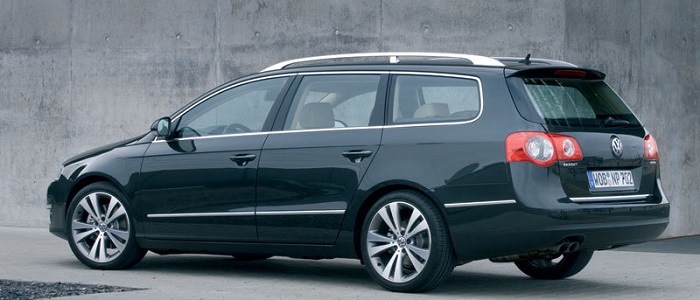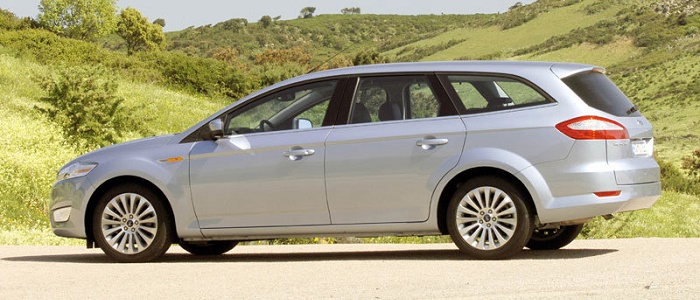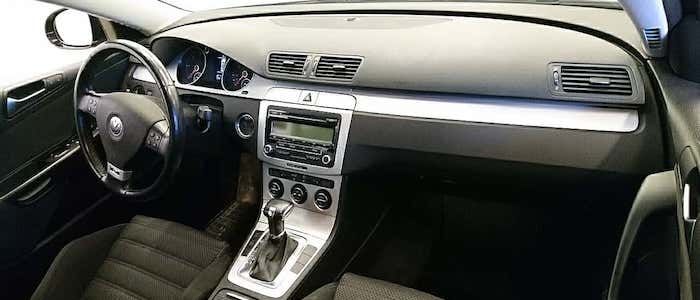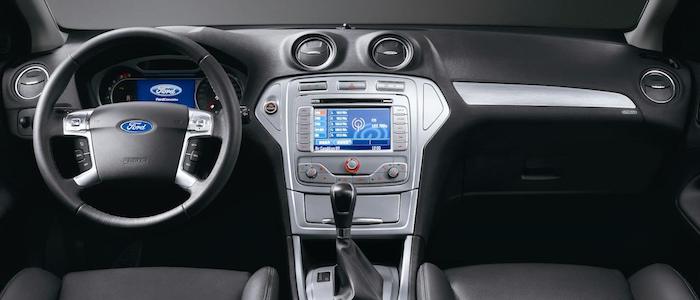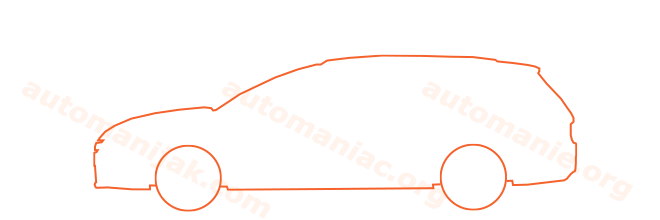Compare two cars
Compare any two cars and get our Virtual Adviser™ opinion
Dimensons & Outlines
Check a car with 30% off a report
Engine
Performance (manual gearbox)
Performance (automatic gearbox)
Expenses
Virtual Adviser's™ opinion
Well, these are two pretty similar cars we have here! It's only details that could potentially make the difference. Considering they both belong to the large family car segment and utilize the same 5-door wagon body style and the front wheel drive system, it all comes up to the specific petrol engine choice they offer. The first one has a Volkswagen-engineered powertrain under the hood, a 4-cylinder, 16-valves 150hp unit, while the other one gets its power and torque from a 4-cylinder, 16-valves 145hp engine designed by Mazda.
SafetyBoth vehicles got tested by European New Car Assessment Programme (Euro NCAP), with the same number of safety stars gained in the process. Moving further on, let's take a closer look at some additional safety-related facts. Both vehicles belong to the large family car segment, which is generally a good thing safety-wise, still it doesn't help us solve our dilemma, does it? Furthermore, if we'd like to consider vehicle mass in this context too, which we definitely should, the German car offers a marginal difference of 2% more metal.
ReliabilityI don't like generalizing things when it comes to reliability, although it does seem that Ford does have a slight advantage, all the models observed together. These are the official statistics, while our visitors describe reliability of Volkswagen with an average rating of 4.2, and models under the Ford badge with 4.4 out of 5. Some independent research have also placed Passat as average reliability-wise, and Mondeo is more or less at the same level.That apart, owners of different cars powered by the same engine as the German car rank it on average as 4.8, while the one under the competitor's bonnet gets 4.2 out of 5.
Performance & Fuel economyVolkswagen is a bit more agile, reaching 100km/h in 0.7 seconds less than its competitor. In addition to that it accelerates all the way to 210 kilometers per hour, 5km/h more than the other car. When it comes to fuel economy things look pretty much the same for both cars, averaging around 8.2 liters of fuel per 100 kilometers (35 mpg), in combined cycle.
Verdict
Ford appears just a bit more reliable, although the difference is truly marginal. The most important thing when deciding between any two vehicles should always be safety, both passive and active. In my opinion, everything taken into account, the German car offers slightly better overall protection and takes the lead. It all continues in the same direction, with Volkswagen being considerably quicker, thus putting more smile on driver's face. It does come at a cost though, and that's the fuel consumption... It's really tough to make a final decision here, but if I'd need to, I'd say Volkswagen. In any case that's my personal view, built upon all the data available to me. What should decide here though is the way you feel about the two vehicles, and I hope you'll find my guidelines useful in the process. In case you have two minutes to spare I invite you to define your needs, desires and budget and see which car would be chosen by the virtual adviser™, among more than 12.000 different ones in our database.























